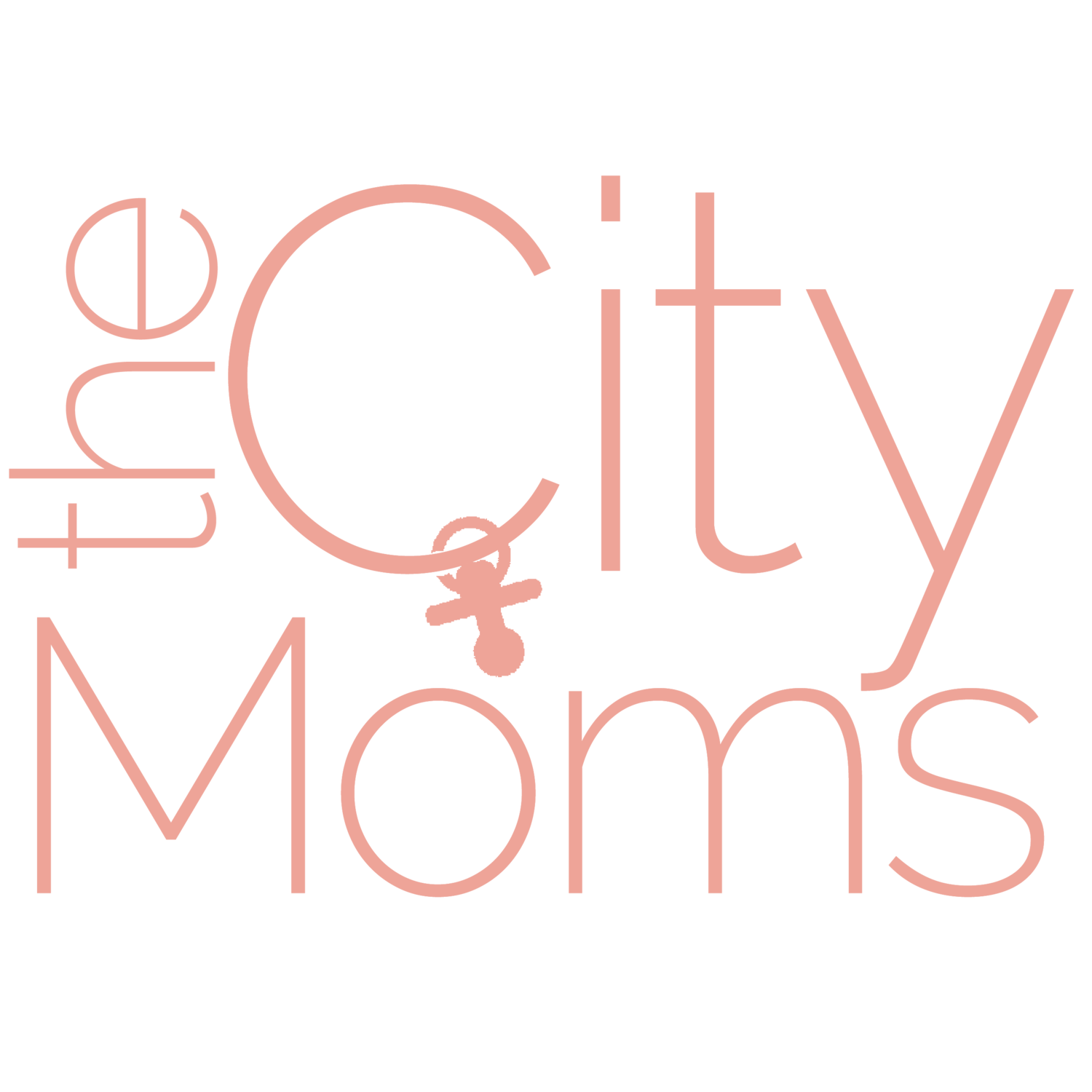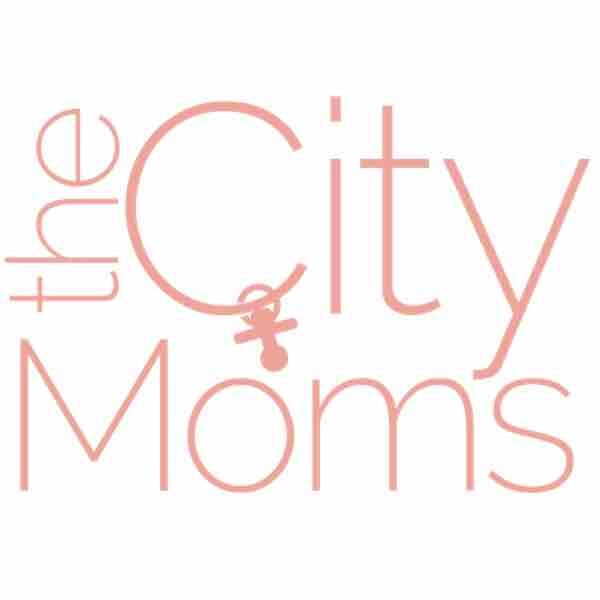Hey momma, how do you feel about back to school options?
In just a few months, the landscape of education in Central Indiana has shifted drastically. It is unclear what this semester will hold, but one thing is for sure, it won’t remotely resemble last fall. It seems as if there’s a school update daily, with procedures and protocol constantly changing. So, here we are with the back to school option of sending our kids in-person in a potentially risky environment or keeping them home for another semester {maybe more!} of school. That familiar feeling in your stomach of uncertainty and nerves at not knowing the right answer? Yeah, we’ve got it too. We’ve heard theCityMoms in our Facebook group venting about the difficult choices ahead and decided to break down the educational choices for families.
IN-PERSON INSTRUCTION
“I don't think that there's any ‘right’ choice and I'd be lying if I said I feel comfortable with the school options we've been given with the decision we've made, but our family has opted to have our daughter return in-person,” said CityMom Kendra Stewart. For us, a big factor is having a child who has extra resources in place at school to meet her learning needs and who struggled with distance learning in the spring.”
With a younger child at home, Kendra found balancing childcare and supporting her now third grader took a toll on her ability to work. Similar sentiments have been expressed parents across the country. Emergency virtual learning was a major life shift for families and parents were suddenly tasked with balancing work, parenting, and overseeing their child’s academic progress. Couple that with many children’s resistance to classroom interaction via a screen, and it was a disastrous experience for many families.
Many schools in Central Indiana will be opening their doors next month after a summer of extensive preparations, and parents have been ravenously tracking the reopening plans trying desperately to make the select the right school options for their families. The CDC released a statement encouraging the return to in-person instruction, explaining that schools provide more than just an academic environment, but for many children a place of safety, daily meals, and opportunities for social and emotional development. They went on to say “The best available evidence indicates if children become infected, they are far less likely to suffer severe symptoms. At the same time, the harms attributed to closed schools on the social, emotional, and behavioral health, economic well-being, and academic achievement of children, in both the short- and long-term, are well-known and significant. Further, the lack of in-person educational options disproportionately harms low-income and minority children and those living with disabilities.”
And while it seems the majority of Hoosiers are returning to schools, there are others who are uncomfortable with the safety measures in place. While decreased, the risk factors for in-person instruction are present and concerning, especially to families with children in different classrooms or schools, increasing exposure risks.
OUTDOOR PROGRAMS
With research supporting somewhat decreased exposure risks outside, families may consider schools with an emphasis on outdoor programming. Many academic programs can be translated into an outdoor space, giving smaller schools like White Pines Wilderness Academy, The Orchard School, Boone Prairie School, or Cooperative Preschools and Kindergartens an advantage when it comes to safety.
Schools with outdoor programs offer the in-person academic instruction favored by most families while providing a sense of safety to those who are concerned about COVID-19 associated risks. The advantage these programs offer, however, may be diminished if we experience a bitter and extreme Indiana winter, necessitating less time outside and more time in the classroom.
VIRTUAL LEARNING THROUGH YOUR SCHOOL
“The decision to sign up for virtual learning came down to weighing the risks vs benefits, and factoring in my own anxiety as a parent,” shared CityMom Katie. “I was set on my kids returning to school in person; I actually have a box full of school supplies sitting in my living room because I was sure I was going to send them. But when our district released their reopening plan, we felt it didn't do enough to reduce risks. I so desperately want my kids to have in-person instruction this year, but with COVID cases currently rising and not feeling on board with our reopening plan, for us it wasn't worth the anxiety of having our kids be part of the ‘guinea pig round’ of reopening schools.”
For families, like Katie's, with concerns about risks from COVID-19 exposure, but are satisfied with the education provided by their schools, virtual learning may be the perfect school option. Children and parents are familiar with the teachers, curriculum expectations, and virtual learning structure. It is also ideal for parents who want their children home, but feel overwhelmed or unprepared to create a homeschool curriculum.
If you’re considering virtual learning this year, experts recommend creating a dedicated ‘school’ space for your child to help them to focus and also allow them to leave school behind at the end of the day. Take periodic breaks from the screen for play, hands-on learning, or just relaxation. Much like a traditional school day, a schedule can give your child a sense of normalcy and structure, allowing them to anticipate how their day will proceed.
NEED TO TALK TO YOUR KIDS ABOUT COVID? Check out Morgan's tips for tackling tough topics
MICRO-SCHOOLS, HYBRID HOMESCHOOLS & VIRTUAL PODS
Microschools usually operate out of homes or local community organizations and typically have no more than a dozen students, of varying ages. Often micro-schools operate as hybrid homeschool programs, where children are registered as homeschoolers but attend a micro-school either full- or part-time, taking classes and engaging with teachers and mentors.There are currently no formal micro-schools in Central Indiana, but parents have been creating their own homeschool groups and virtual learning pods. These informal groups allow for working parents to share the educational responsibilities, making it possible for families to better balance the at-home demands. In some of these groups the families equally share the workload and in others an appointed parent takes the lead to allow other parents to continue with their jobs.
Jennie Mentz sought out community connections when forming her virtual learning pod. "Opting for virtual means one less child in the classroom, and a little more space for the kids who need to be there educational and economic circumstances," she explained. "Our own child is highly social and will benefit greatly from learning in a small pod of kids she can play freely with. Additionally, since I have opted to stay home from work to facilitate her e-learning, I am able to provide a service to a few families working from home, lifting that piece off the parents' shoulders." Most virtual learning pods have agreed to limit outside social interactions to create a safer, more insulated environment for those families involved.
HOMESCHOOLING
Though small, the number of homeschool students has increased in the past few years, with an expected significant jump in 2020. A recent informal survey conducted by the Reason Foundation found that 15 percent of Americans say they will choose homeschooling when schools reopen. While the safety benefits of homeschooling are clear, there are academic upsides families may prefer during this uncertain time. Parents can fully customize the speed and focus of the curriculum to meet the needs of their children while building in an emphasis on things an in-person school setting may not have time for {extensive outdoor play and exploration, art, music, sports, etc.}.
“Virtual learning did not work for us,” Said mom of three Sara Albright. “I feel certain the schools will close again this year and go back to virtual. I would rather we have a good routine and system in place from the beginning, that's why we are homeschooling."
Many parents have expressed frustrations with virtual learning through their schools and find the option of homeschooling to be more appealing, with the goal of exercising more control of their family’s experience. Homeschooling families often seek out other homeschool families, groups, or co-ops for an exchange of resources and information, or just opportunities for children to socialize outside the family unit.
While families continue struggle to make the right choice for their children, it’s safe to say there is no absolute right answer. Issues of health, equity, access, and job flexibility continue to force parents’ hands. Couple that with the grief we feel over our children’s loss of ‘normal’ school experiences like extracurricular activities, socializing with friends, and no one is feeling great about the school options before us. Whatever choice your family made for school, know you are not alone in your feelings.






